
Living in Birmingham
Looking to move to Birmingham? Learn all about what life here is like, from the local schools and transport options to things to do around town and, of course, find out about property prices in the area.
Your guide to moving and living in Birmingham
Why Birmingham is a great place to live
Birmingham, the vibrant heart of the West Midlands, stands as the UK’s second largest city and is celebrated for its rich industrial heritage, diverse culture, and dynamic city life. With a central location in England, Birmingham is a thriving urban hub, drawing families, students, young professionals, and a range of international communities. The city’s character is shaped by its unique blend of Victorian architecture, reinvented canals, modern skyscrapers, and a world-class shopping and dining scene.
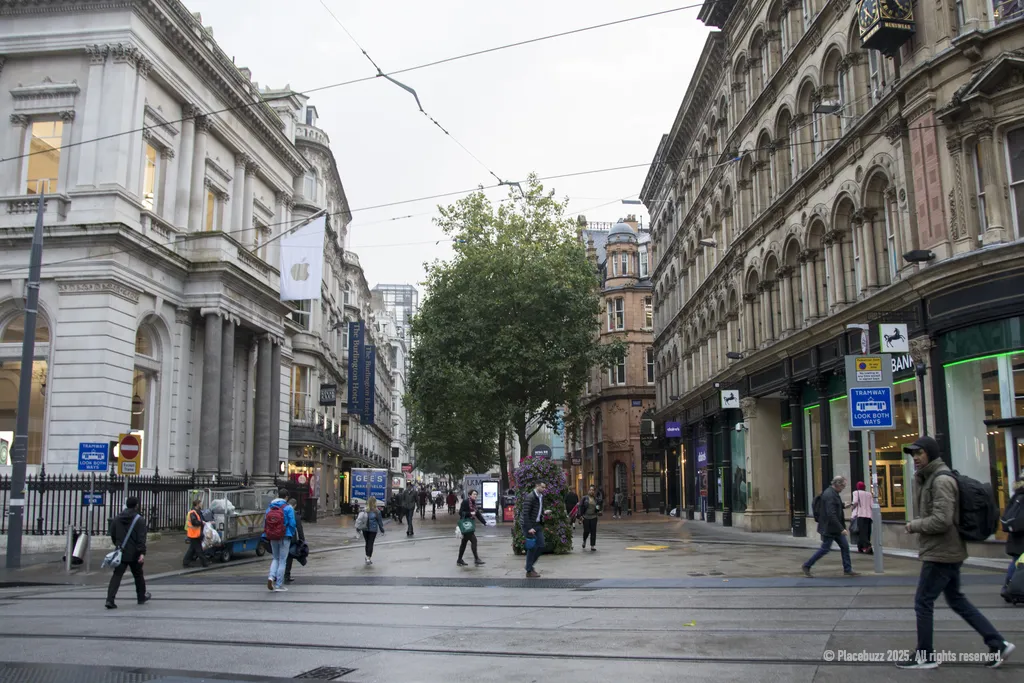
The local lifestyle in Birmingham caters to all, ranging from waterfront living around Brindleyplace to the leafy suburbs of Edgbaston and Harborne. The city’s strong sense of identity is influenced by its historic role during the Industrial Revolution, its diverse diaspora, and a contemporary spirit visible in its arts, music, and vibrant festivals. Residents benefit from an array of amenities, green spaces such as Cannon Hill Park, and plentiful employment opportunities, particularly in finance, technology, healthcare, and education sectors.
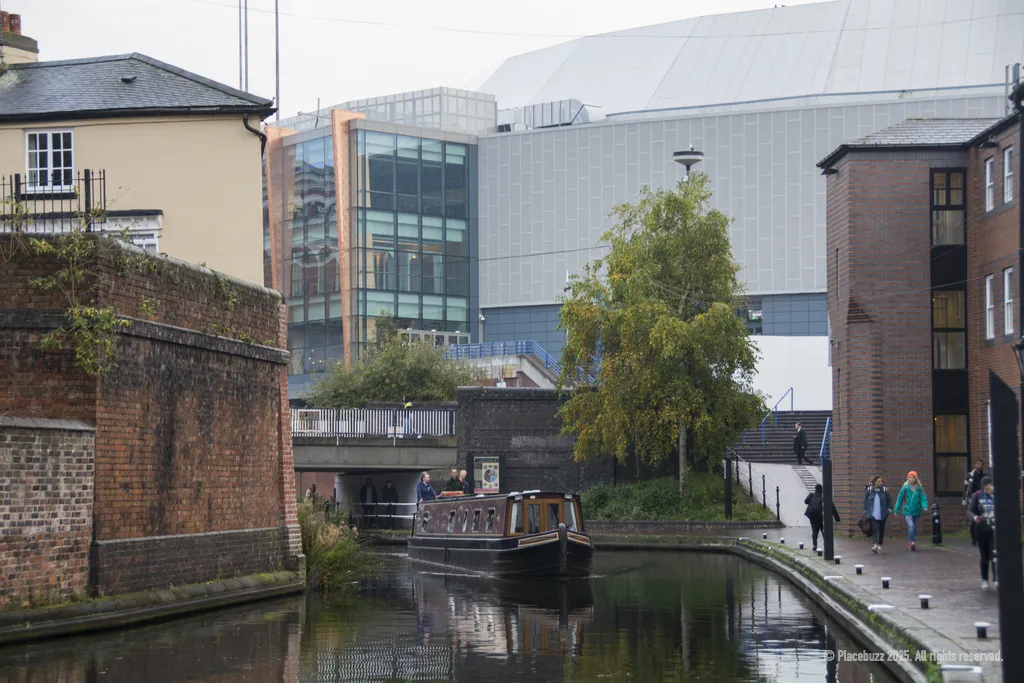
Birmingham has established itself as a cosmopolitan metropolis with a welcoming feel, making it an attractive landscape for people seeking both city excitement and community warmth. Its central location, lively events calendar, and abundant cultural venues ensure a bustling atmosphere throughout the year, making living in Birmingham both rewarding and full of variety.
Community & Local Life
Birmingham’s community spirit is shaped by its multicultural population and proud civic traditions. Many residents enjoy a strong sense of neighbourhood identity, particularly in areas such as Moseley, Kings Heath, and Harborne, where independent shops, regular farmers’ markets, and local festivals thrive. The annual Birmingham Pride celebration, Frankfurt Christmas Market, and the Birmingham Literature Festival are just a few highlights of a busy local events calendar.
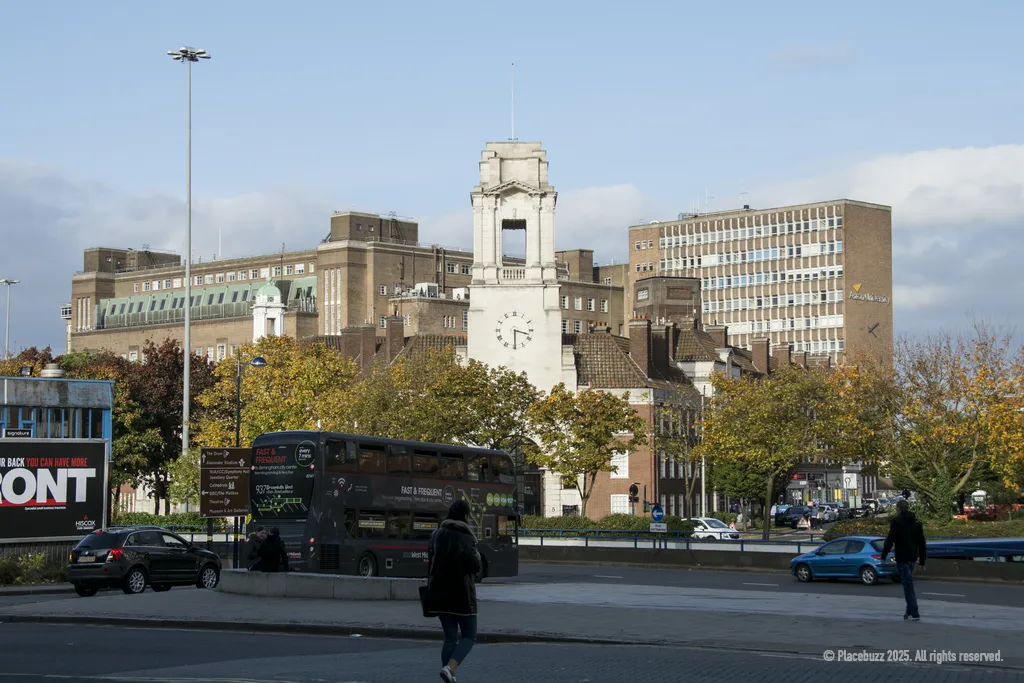
Active community centres, arts venues, and sports clubs contribute to vibrant local life. Outdoor enthusiasts appreciate the city’s abundance of parkland, including Sutton Park, one of Europe's largest urban parks, and walks along the extensive canal network. Local libraries, creative spaces in Digbeth, and heritage sites such as Birmingham Museum and Art Gallery form the backbone of a rich civic life. The city’s churches, mosques, temples, and community support networks provide additional opportunities for social connection.
Safety & Crime Rates in Birmingham
Crime rates in Birmingham are broadly in line with other major UK cities. The city centre and certain inner urban areas experience higher incidents of petty crime, particularly related to nightlife zones and busy shopping districts.
More suburban neighbourhoods such as Sutton Coldfield, Harborne, and Moseley are perceived as safer, featuring lower crime rates and active neighbourhood watch groups. The local police regularly conduct safety campaigns and community forums, while local authorities have invested in improved street lighting, CCTV, and youth engagement initiatives to address anti-social behaviour.
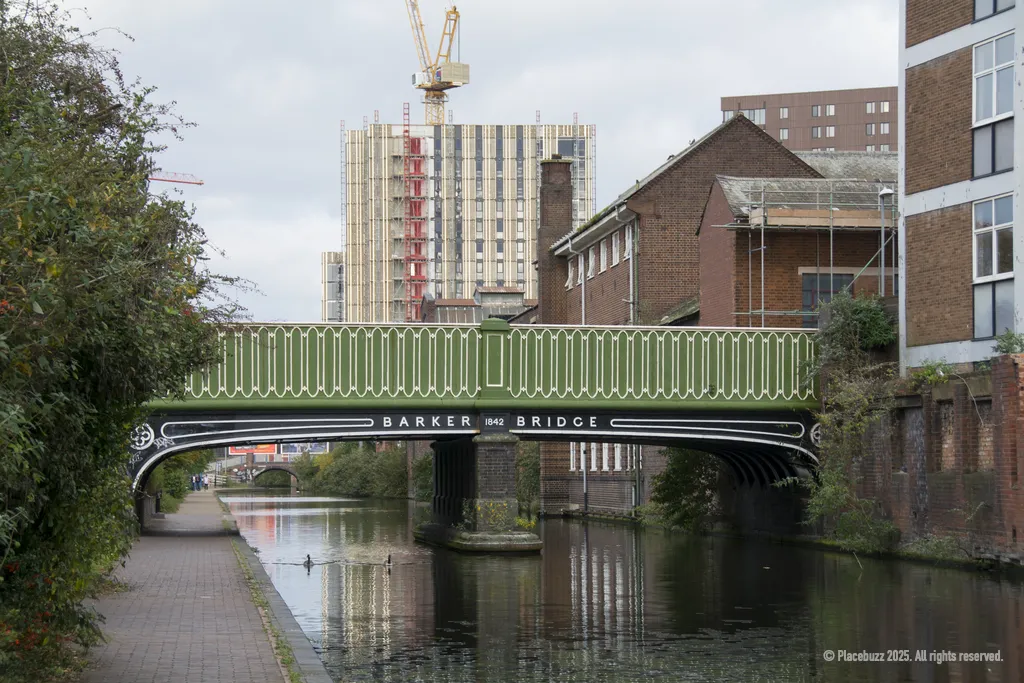
Birmingham’s regeneration zones around Eastside and Digbeth have seen enhanced security presence and significant investment into safer public spaces. Residents are generally cautious but the majority of areas are considered suitable for families, students, and working professionals. As with any large city, levels of crime can vary by postcode, so checking local resources is recommended.
Parking & Road Access
Parking in Birmingham is managed through a mixture of city-run car parks, on-street parking zones, and residential permit schemes. In the city centre, several multi-storey and open-air car parks are available, though these can become busy during peak business hours and events. Park and Ride facilities on the outskirts, such as at Longbridge and Four Oaks, help alleviate congestion for commuters.
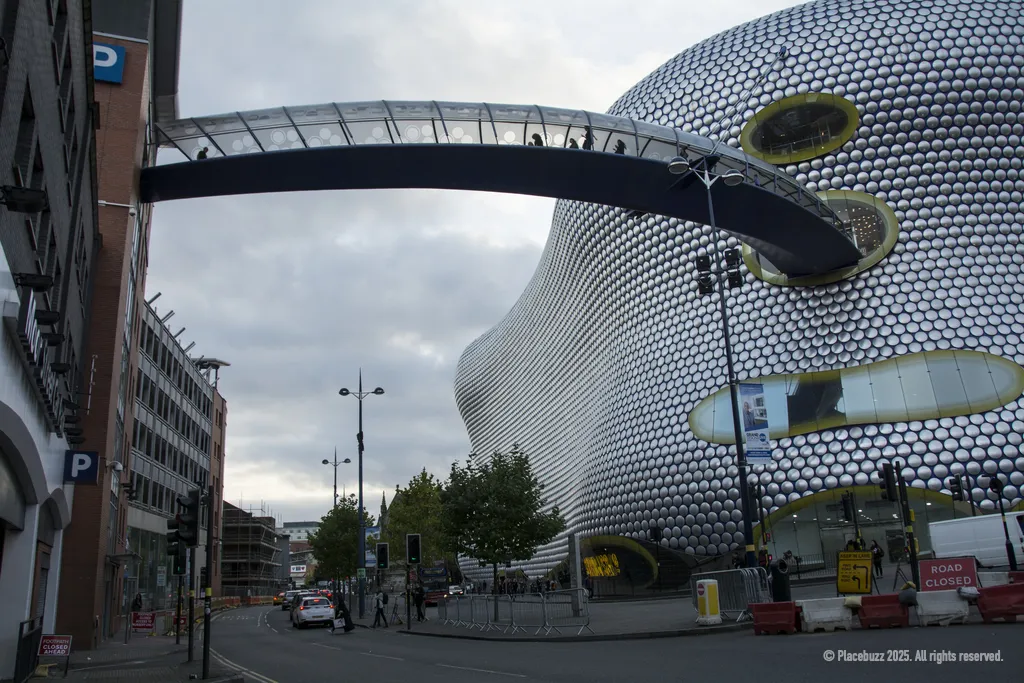
Many residential streets require permits, especially in popular areas close to the centre or university. In the suburbs, on-street parking is generally easier. Major roads such as the A38(M) Aston Expressway and the A4540 Ring Road provide straightforward access throughout the city, while the nearby M6, M5, and M42 motorways connect Birmingham to Liverpool, London, Bristol, and the rest of the UK.
- Coventry – approx. 30 minutes via M6 (20 miles)
- Wolverhampton – approx. 35 minutes via M5 (18 miles)
- Warwick – approx. 45 minutes via M40 (31 miles)
- Telford – approx. 45 minutes via M54 (33 miles)
Food, Pubs & Nightlife
Birmingham boasts an extraordinary food and nightlife scene, renowned for its diversity and quality. The city is home to several Michelin-starred restaurants such as Adam's, along with a vibrant assortment of independent eateries in areas like the Jewellery Quarter and Digbeth. The famous Balti Triangle is a must-visit for authentic South Asian cuisine.
The pub landscape ranges from historic establishments such as The Old Joint Stock to trendy bars along Broad Street and in Brindleyplace. Birmingham’s nightlife caters for all tastes, with contemporary cocktail lounges, bustling nightclubs, and live music venues such as the O2 Academy and Symphony Hall.
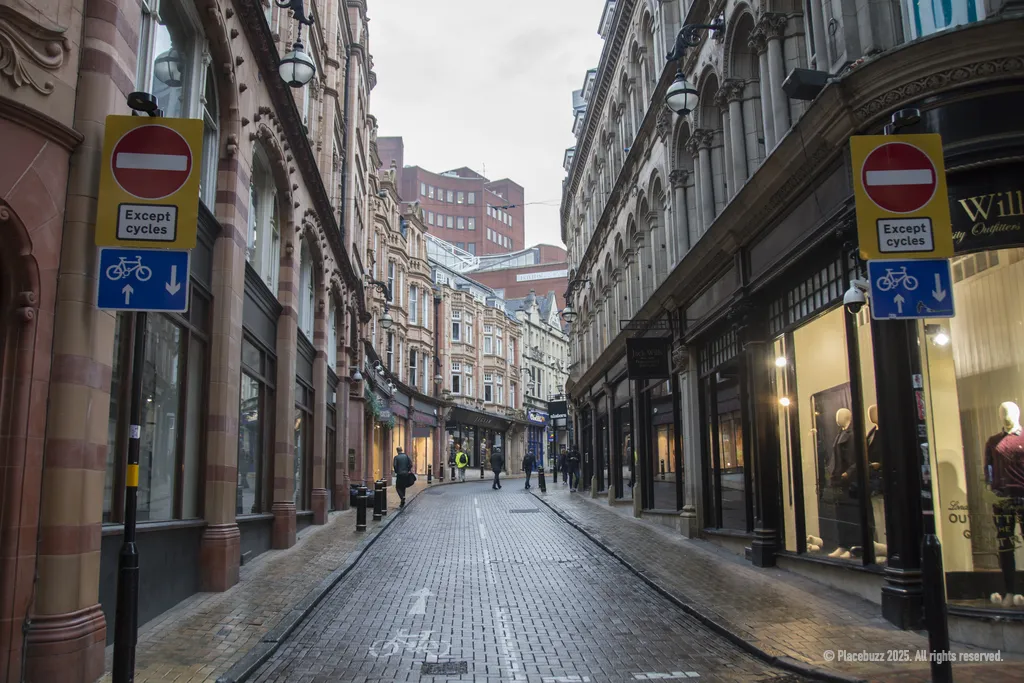
The city offers a lively social scene with everything from relaxed cafés and traditional pubs, to late-night eateries and entertainment complexes. Whether you enjoy quiet evenings with local craft beers or vibrant nights out with live DJ sets, Birmingham’s hospitality scene is extensive and always evolving.
Is Birmingham Family Friendly
School Quality: Birmingham has a high concentration of outstanding-rated schools and a variety of options for both primary and secondary stages.
Parks and Green Space: Large parks such as Cannon Hill Park, Sutton Park, and the Lickey Hills Country Park offer plenty of space for play, picnics, and outdoor sports.
Childcare: The city has numerous nurseries, playgroups, and well-rated childcare centres; local children’s centres offer advice and supportive community activities.
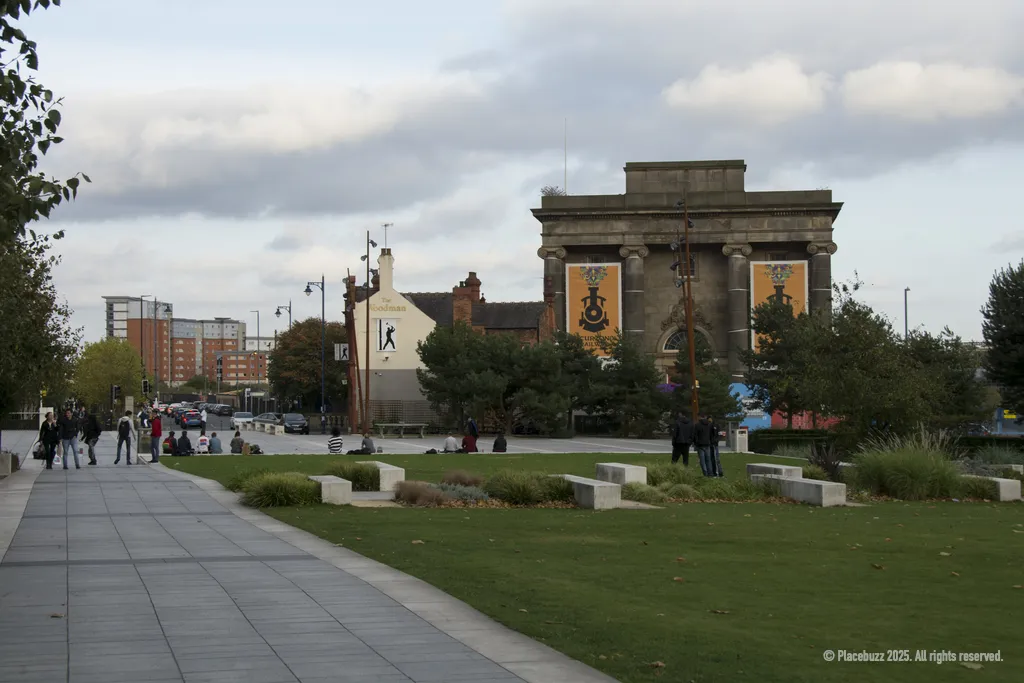
Safety: Suburban areas tend to have a reputation for family-friendly safety, and community policing is active in all major districts.
Family Activities: Attractions like Birmingham Wildlife Conservation Park, Cadbury World, Thinktank Science Museum, and family-friendly festivals mean there’s always something to do together.
Pet Friendly Living
Birmingham is considered a pet-friendly city, with a wide range of facilities and open spaces that cater to animal lovers. Parks such as Sutton Park, Lickey Hills, and Moseley Bog are popular for dog walking, while many residential areas are close to accessible woodland and off-lead trails.
The city supports several pet supply shops, veterinary clinics, and grooming services. Dog-friendly pubs and cafés, particularly in Kings Heath and Moseley, welcome pets and add to the relaxed, inclusive atmosphere. Birmingham’s property market typically offers pet-friendly housing options, especially in suburban and semi-rural neighbourhoods.
Transport & Accessibility
Birmingham is exceptionally well-connected thanks to its strategic location near the centre of England. The city acts as a national transport hub with extensive public transport and road access.
The Birmingham New Street railway station is a major interchange, providing direct trains to London (as quick as 1 hour 20 minutes), Manchester, Cardiff, Edinburgh, and other major cities. Snow Hill and Moor Street stations offer local and regional services. The soon-to-arrive HS2 line will further reduce journey times to London and northern cities.

Birmingham’s bus network is one of the largest outside London, with frequent services across the city and suburbs. The West Midlands Metro offers tram links from the city centre to Wolverhampton and key business districts.
- London – Approx. 90 minutes by train from Birmingham New Street
- Coventry – 20 minutes by train or car via A45
- Manchester – 1 hour 30 minutes by train
- Birmingham Airport – 10–15 minutes from city centre by train or car
- M6, M5, and M42 motorways provide quick road access to Birmingham from across the region
- National Express Coach services link Birmingham to most major UK cities
Schools & Education in Birmingham
Birmingham boasts a broad selection of schools and higher education institutions that cater to its large and diverse population. The city is home to some of the most highly regarded primary and secondary schools in the West Midlands, along with nationally renowned colleges and universities.
Primary Schools in Birmingham
Highfield Junior and Infant School (Ofsted: Outstanding, 2014), Nelson Mandela School (Ofsted: Outstanding, 2021), Hill West Primary School (Ofsted: Outstanding, 2016), and St Matthew’s Church of England Primary School (Ofsted: Outstanding, 2015) stand out for their strong academic records and inclusive ethos.
Secondary Schools in Birmingham
King Edward VI Camp Hill School for Boys (Ofsted: Outstanding, 2022), King Edward VI Camp Hill School for Girls (Ofsted: Outstanding, 2022), Bishop Vesey’s Grammar School (Ofsted: Outstanding, 2015), and Small Heath Leadership Academy (Ofsted: Outstanding, 2021) regularly achieve high exam results and offer diverse extracurricular opportunities.
Colleges and Sixth Forms
Birmingham Metropolitan College, Joseph Chamberlain Sixth Form College, and Cadbury Sixth Form College are popular for post-16 education, offering a wide range of academic and vocational courses. Many local schools also have their own sixth forms.
Universities
Birmingham is renowned for its higher education, home to the University of Birmingham (a member of the Russell Group), Aston University, Birmingham City University, and University College Birmingham. Each institution attracts students from across the globe, contributing to the city’s youthful and innovative atmosphere.